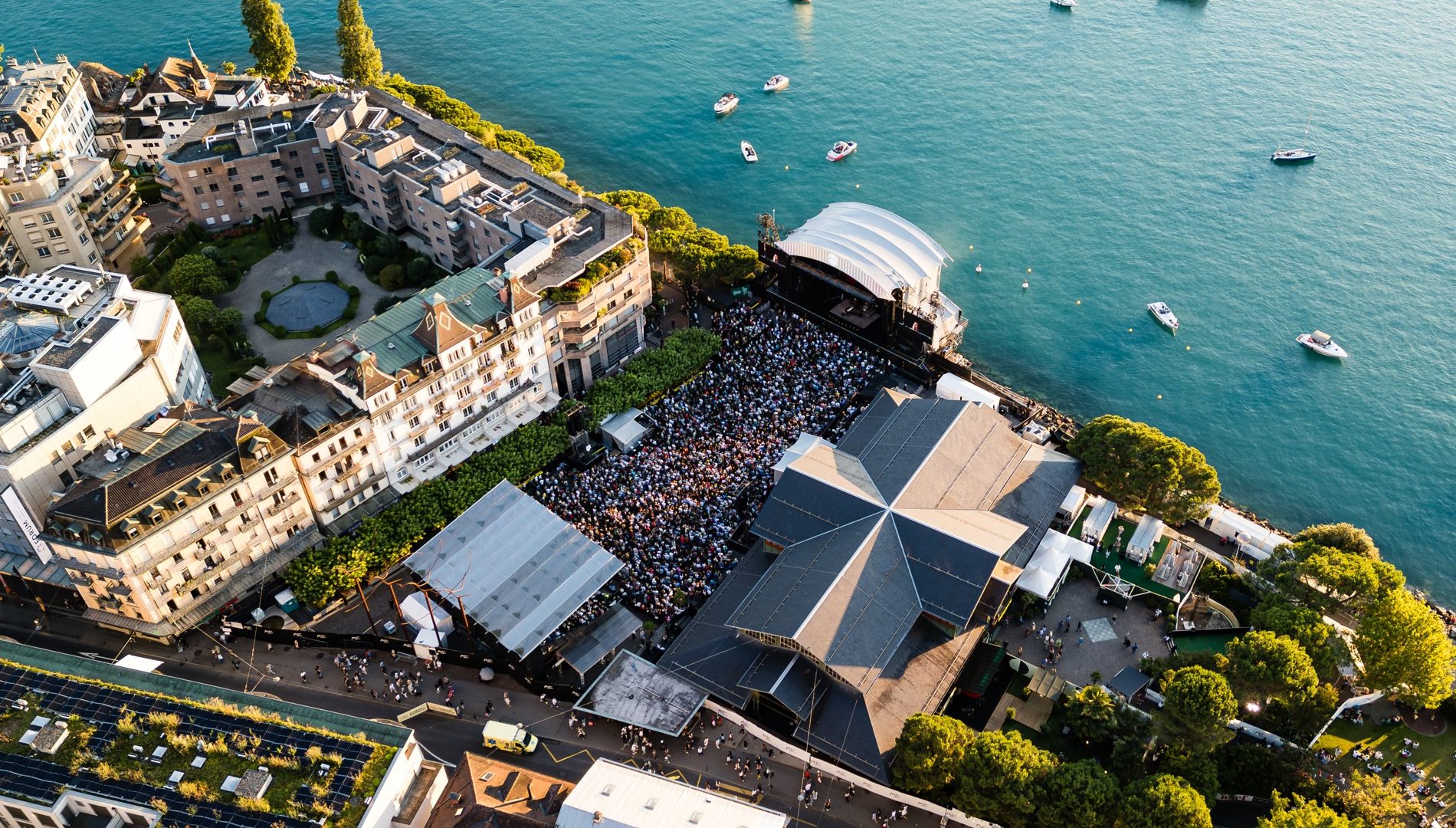From its position in the race for innovation for the benefit of maritime transportation, Syroco is beginning to roll out its software platform, which contributes towards significantly reducing the CO2 emissions and energy consumption of ships.
Growing up just outside the large port of Marseille Fos and witnessing the traffic of container ships and oil tankers supplying southern Europe, one quickly comes to understand that the sea is not only a windsurfer’s paradise, but also a busy route for goods from all over the world. Marked by these childhood images, top athlete Alex Caizergues made the connection the day he retired from competition to focus on a new entrepreneurial challenge. With Syroco, a climate tech start-up created in 2019 with a few equally passionate accomplices, he has resolved to transpose to the industrial world the technical contributions that made it possible to achieve sporting excellence, by adding an environmental dimension. The target: maritime transportation, which today must reinvent itself if it is to succeed in its ecological and energy transition.

High pressure
“It is one of the most virtuous modes in terms of CO2 generated per tonne transported, but as it has grown a lot and now carries 90% of international freight, it is de facto a very strong contributor to greenhouse gas emissions and global warming,” remarks Yves de Montcheuil, one of the partners.The objective set for 2050 by the International Maritime Organization is to halve the CO2 emissions of merchant ships… while, at the same time, the volume of goods transported could get multiplied by four. “The pressure is high for shipping companies, who are already subject to sailing restrictions in certain areas such as the Baltic Sea, and whose customers want to know the carbon footprint of the transport cycle. The sector is very good at optimising logistics flows and loading, but not always at driving innovation to the heart of its system. Providing it with solutions was a no-brainer for Alex.”
A digital twin
Set up as an R&D laboratory, Syroco found a solution and successfully tested it for its own needs, namely the design of a speedcraft capable of breaking the sailing speed record (see previous article here). This software platform, Syroco EfficientShip, is based on a digital twin, which can simulate many scenarios depending on the configuration of the ship, its route, its operating conditions, the weather, etc. and estimate its fuel consumption and GHG emissions so as to define the best usage profile, i.e. the most efficient, the most frugal, the least polluting. Once this profile has been determined, it is deployed on the ship to assist the crew on a day-to-day basis in the decision-making. “One of our customers carried out a test campaign last autumn on existing container ships. He made the digital twins travel virtually 4 billion nautical miles, that’s nearly 200,000 times around the earth!”
Partnership with Taittinger
“Depending on the choices made by the operators, by the manufacturers, we estimate that we can reduce GHG emissions by 5% – 20% and make the same savings on energy consumption”, says Yves de Montcheuil. “If you consider that a container ship can consume up to €50m of fuel per year, that is very significant.” With its innovative decision support tool and its unique market positioning, Syroco won over its first customers – European shipowners and shipyards – but also financial partners who believe in the project. Taittinger is one of them. “For our Champagne House, which exports heavily, particularly by sea, it is important to be a part of developing concrete solutions to protect the environment.” This support bolsters the start-up in its ambitions. “There are 50,000 ships over 100 metres-long (carrying goods and/or passenger) sailing over the globe. Our goal is to be on-board each one to help them reduce emissions. To do this, we want to be the best. Excellence is key in everything we do.”







